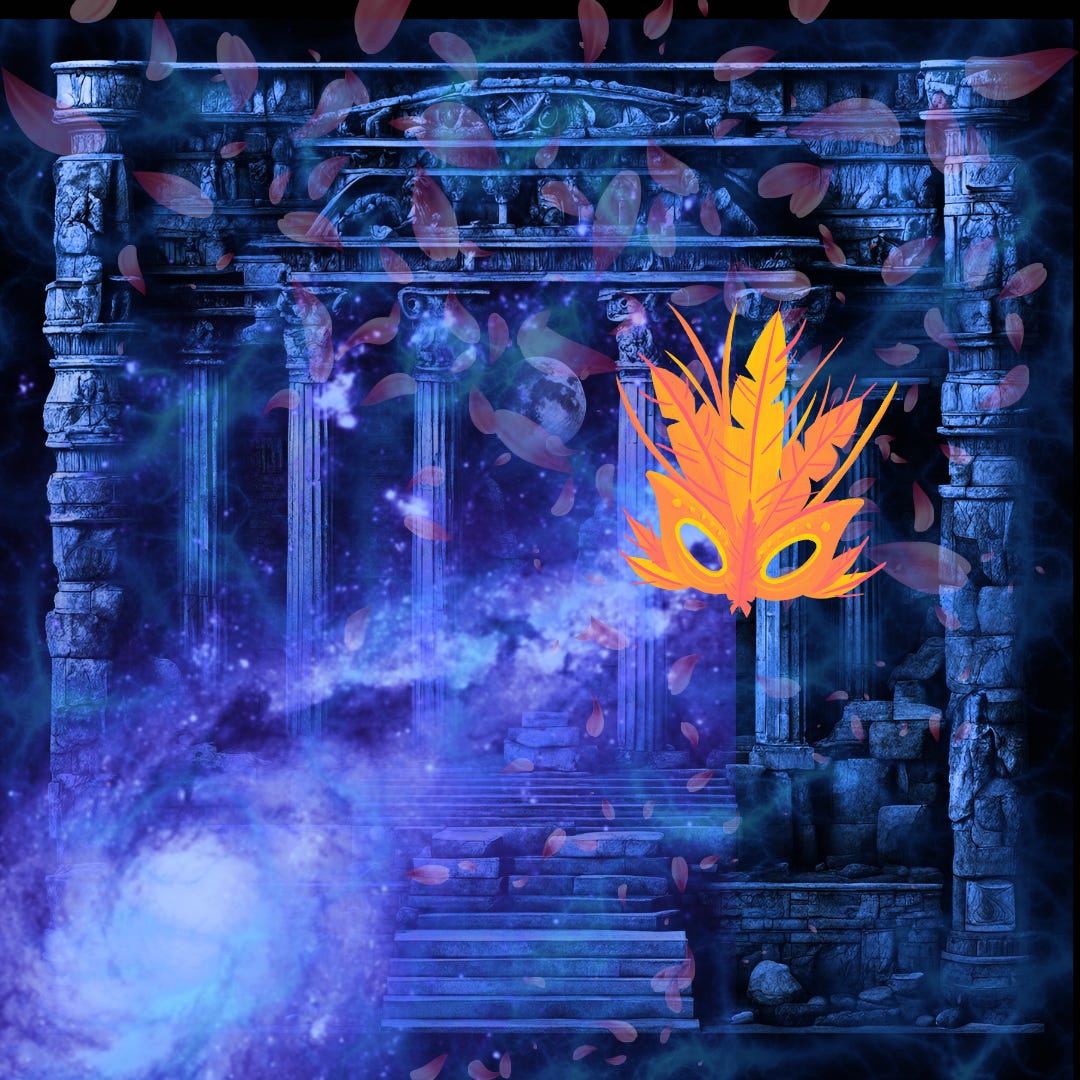It was in post-atomic America that pop influences on literature became something more than technical. About the time television first gasped and sucked air, mass popular U.S. culture seemed to become High-Art-viable as a collection of symbols and myth. The episcopate of this pop-reference movement were… only later comprised by "postmodern". The erudite, sardonic fictions of the Black Humorists introduced a generation of new fiction writers who saw themselves as sort of avant-avant-garde… citizens of a culture that said its most important stuff about itself via mass media.”
- David Foster Wallace
This essay is for paid subscribers of Litverse. Read the first essay in the Sentimentalism Series for free here.
Last week, we talked about why an ironic revolution got so popular in the nineties and how David Foster Wallace tried to fight against irony as culture with a movement called New Sincerity. The piece covered the 18th-century sentimental novel, Man of Feeling, and how the book inspired the Romantic movement a few decades later.
That’s because I wanted to focus on my big, bad thesis: do the feelings of pessimism and/or optimism that define a cultural era naturally follow a cycle where a pessimist movement (satire, nihilism, existentialism, irony) always inspires a subsequent optimist movement (sentimentalism, romanticism, sci-fi, fantasy, post-modernism) as a reaction?
Could we say that something like romanticism (ending with the death of William Wordsworth in 1850) and nihilism (entering a golden age with Nietzsche’s The Birth of Tragedy in 1872) go through a boom and bust cycle just like any other market?
Let’s find out by taking a look at the irony of the nineties and why David Foster Wallace hated it so much.
Infinite Jest, Finite Feeling
As journalist Chuck Klosterman puts it, some artists saw the irony of popular media, as a “creeping cultural affliction.” It didn’t matter how catchy Nirvana’s songs were or how funny satirically disaffected TV shows were: irony robbed us of our humanity when it became the medium and the message.
David Foster Wallace decided that the antidote for irony was New Sincerity, a little-known movement mostly based in obscure music from the eighties. He inaccessibly defines New Sincerity in a 1993 essay, “E Unibus Pluram: Television and U.S. fiction” that violently bucked away my concentration by the second page. Klosterman, in his essay collection The Nineties (2022), claims that New Sincerity is grounded in Wallace’s essay. I will take his word for it. And the word of an anonymous redditor.
As my Reddit source explains the essay:
E Unibus Pluram is a call for writing that surpasses irony but itself becomes soaked in it, which today would be called "post-irony" or "new sincerity". E Unibus Pluram is Wallace's complaints of what he saw as the almost impossible idea of joining together inventive, self-aware fiction in a television centered culture.
In his essay, Wallace criticized recent fiction for copying a postmodern approach but without meaning or purpose, and believed in the future their would be "new literary 'rebels'" who were "willing to risk...accusations of sentimentality, melodrama. Credulity."
Wallace believed the new literary rebellion in the nineties would be the work that was shamelessly dramatic and emotional without self-consciousness. He thought New Sincerity was crucial, because in an age where irony became inspiration, people would lose some sense of themselves, some spirit of themselves, as they grew up in a culture where apathy was the medium and the premium, the message and the market and therefore the media. Wallace worried that people would forget how to feel, because feeling things wasn’t popular.
As Esquire explained in 1991, New Sincerity was:



